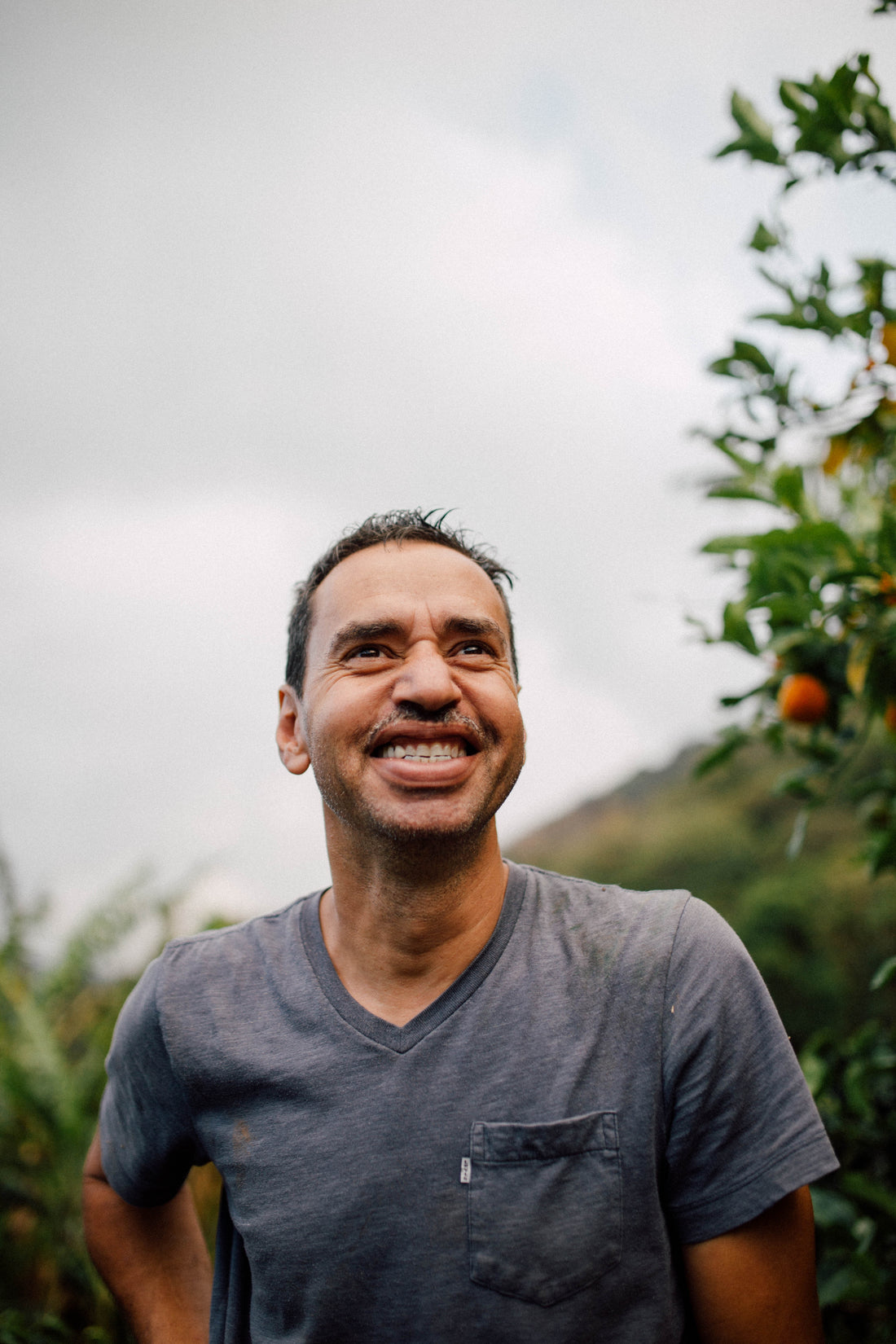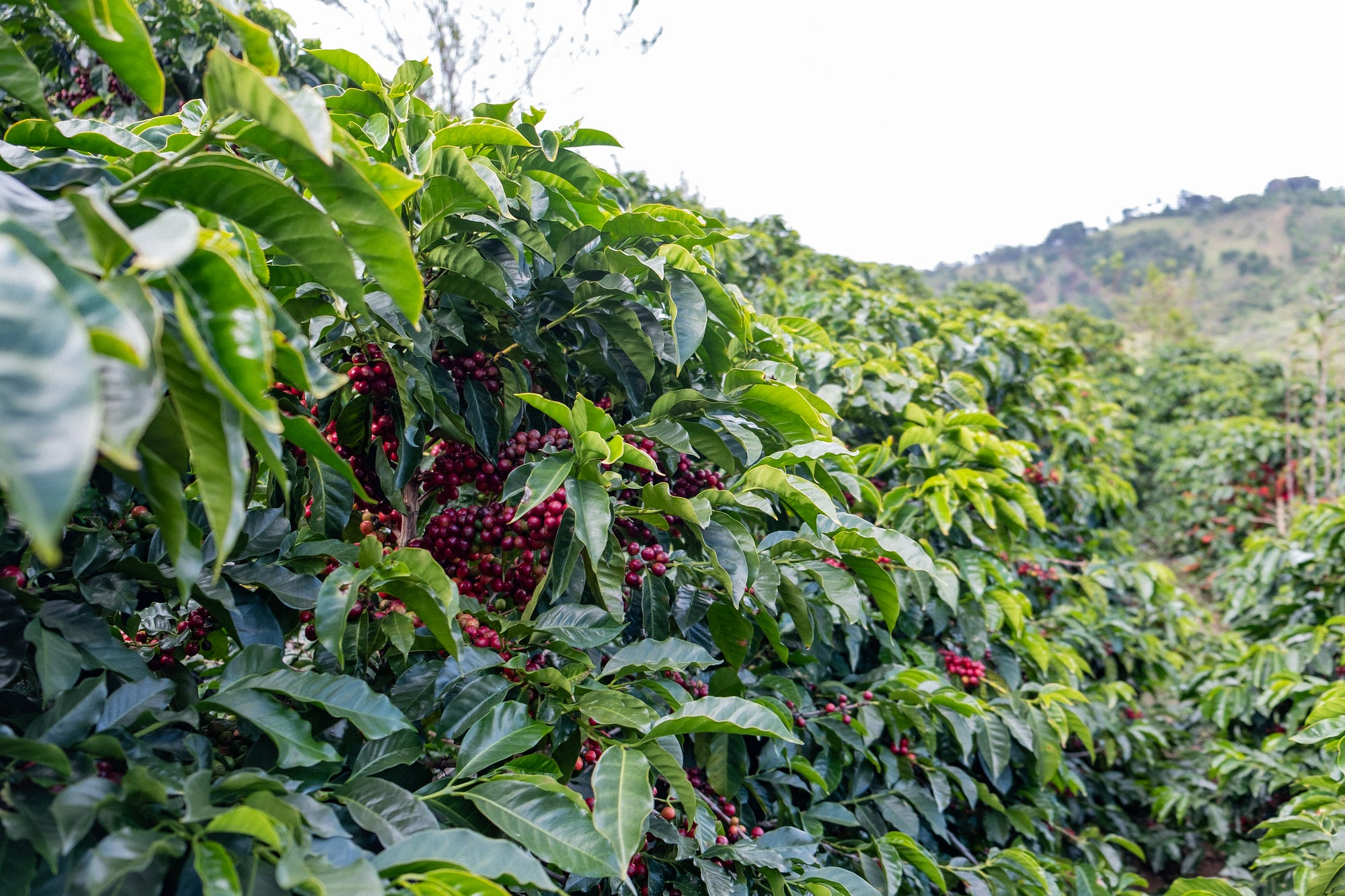
Roble Negro’s Coffee Farm, Finca Cedral Alto, in Asseri
Roble Negro is one of our farms and micromills in Asseri, Costa Rica, with Finca Cedral Alto farm at the center of its operations. Bram first connected with producer Jorge Vasquéz Ureña and his nice and nephew Alex and Daniela at a coffee shop in San Jose, Costa Rica. From that meeting, a friendship developed culminating into the Paso a Paso partnership five years later.
Agriculture is an activity that requires patience, and over the past five harvests Bram, Jorge, Alex, and Daniela, have been working together to share feedback and experiences. During this time Roble Negro expanded and refined the farm and operations, nowadays we proudly share our expertise with neighbouring farms and process their coffee as well.


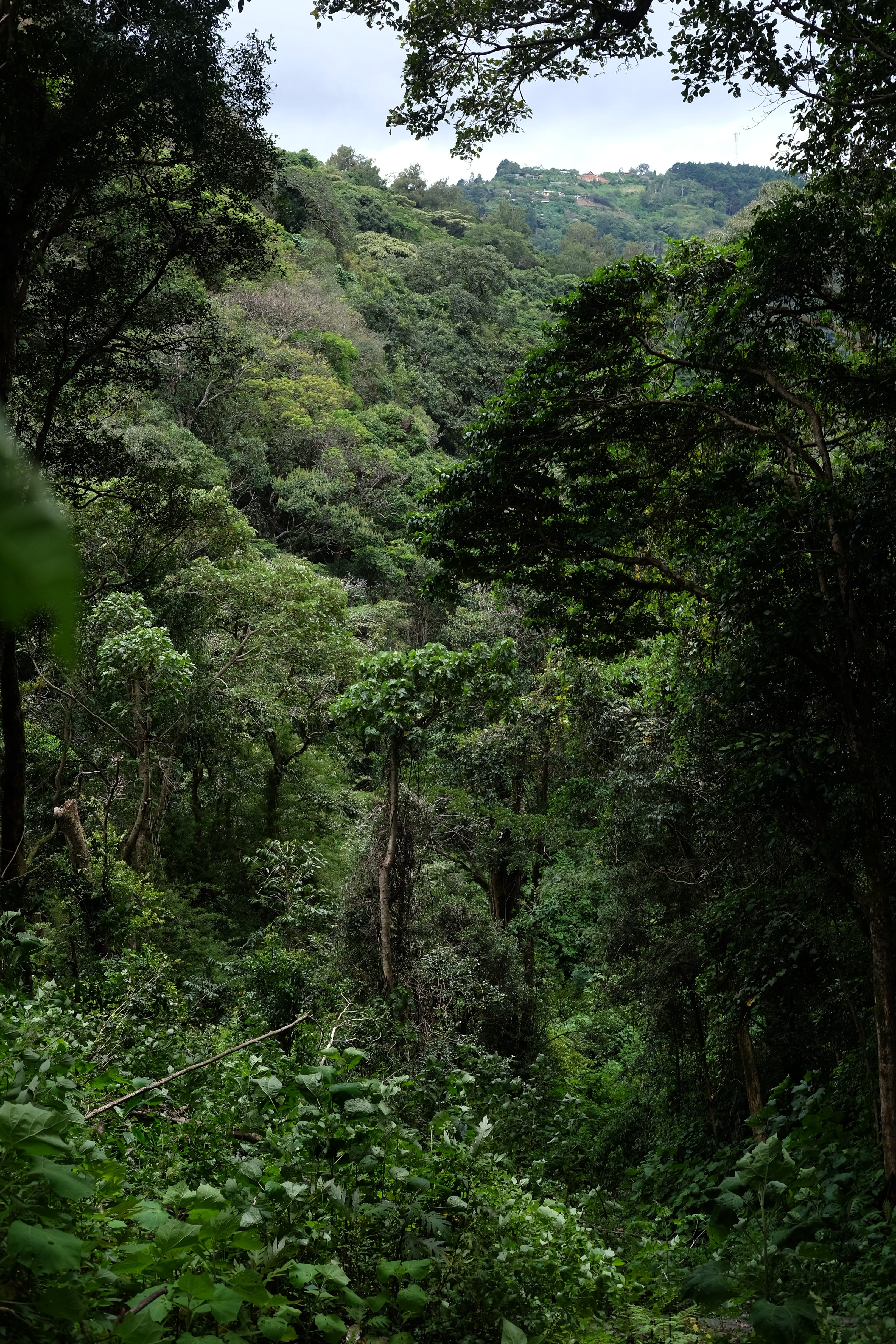
Finca Cedral Alto
The story of Roble Negro is both the story of producer Jorge Vasquéz Ureña and the story of the Finca Cedral Alto farm in Aserrí, Central Valley that he bought in 2007. After two decades of working in San José, Jorge started a recycling company and acquired Cedral Alto to realize his convictions of environmental responsibility and to do what he could to address the problems of land abuse he saw happening around him.
Finca Cedral Alto is more than two-thirds forest; the farm’s 22.5 hectares are mostly covered in preserved primary rainforest, with additional hectares of reforestation and pasture land and around 5 hectares of coffee production. Coffee trees are intercropped with fruit trees, which provide food for both people and the many animal species who call our farm home.

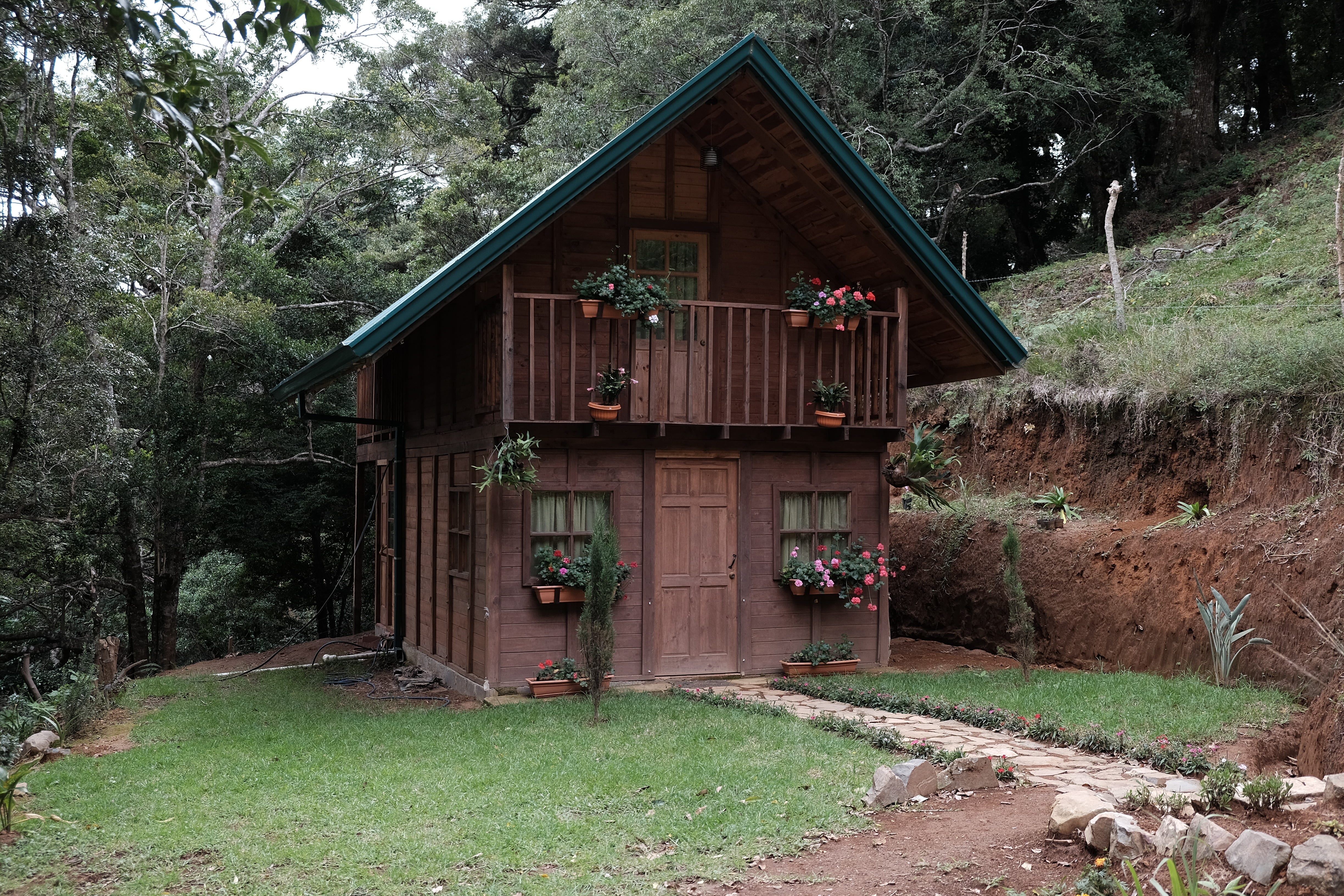
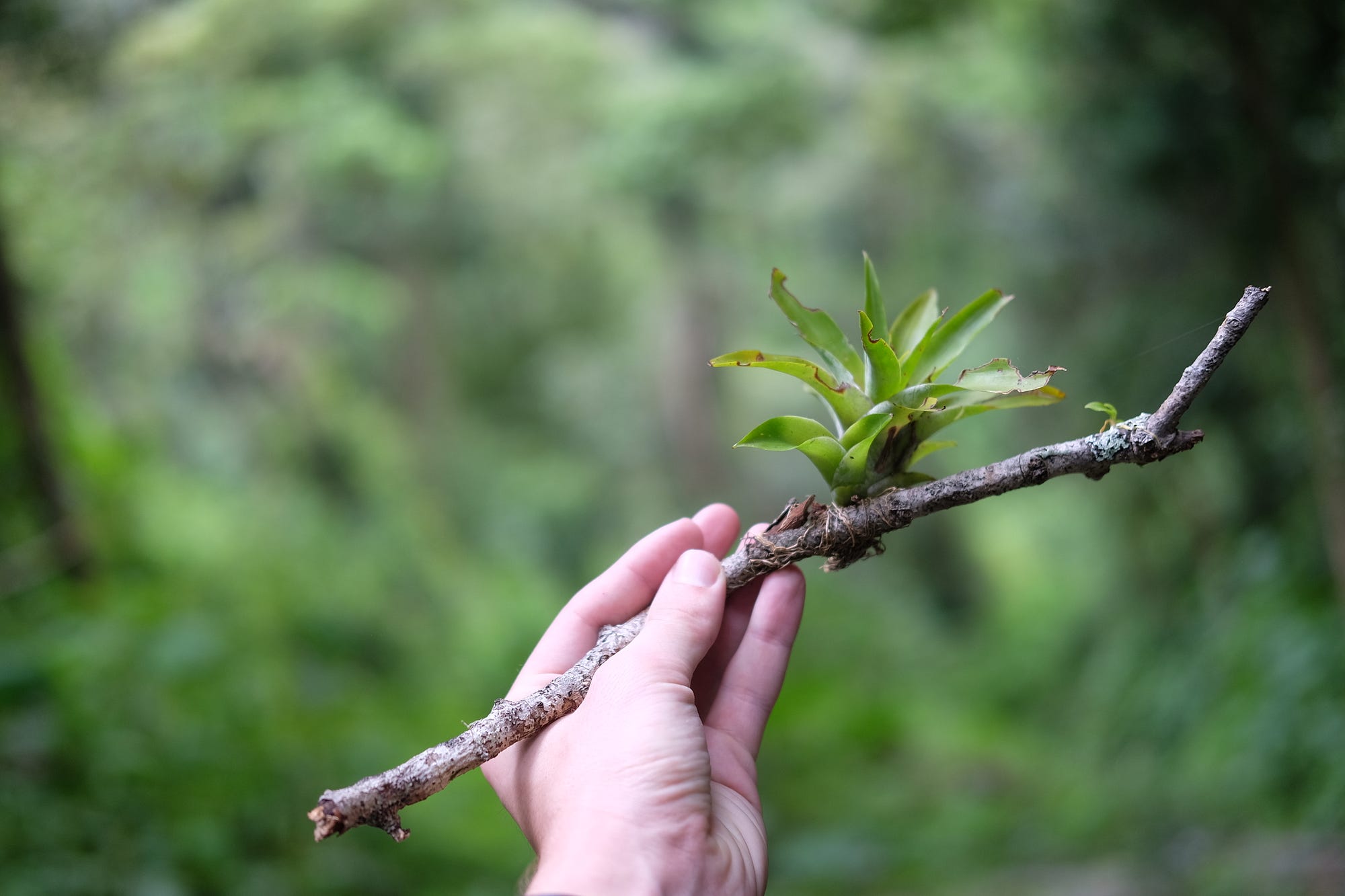
The natural biodiversity of flora and fauna creates a rich habitat for trees, flowers, birds, reptiles, and mammals. Orchids, bromeliads, and other epiphytes grow on the oak and cedar trees that give the farm and coffee company their names; hawks, parrots, snakes, frogs, raccoons, mountain lions, armadillos and other creatures feed off the fruit from guava, banana, plantain, avocado, and citrus trees, whose roots stabilize the soil while their falling leaves add nutrients.
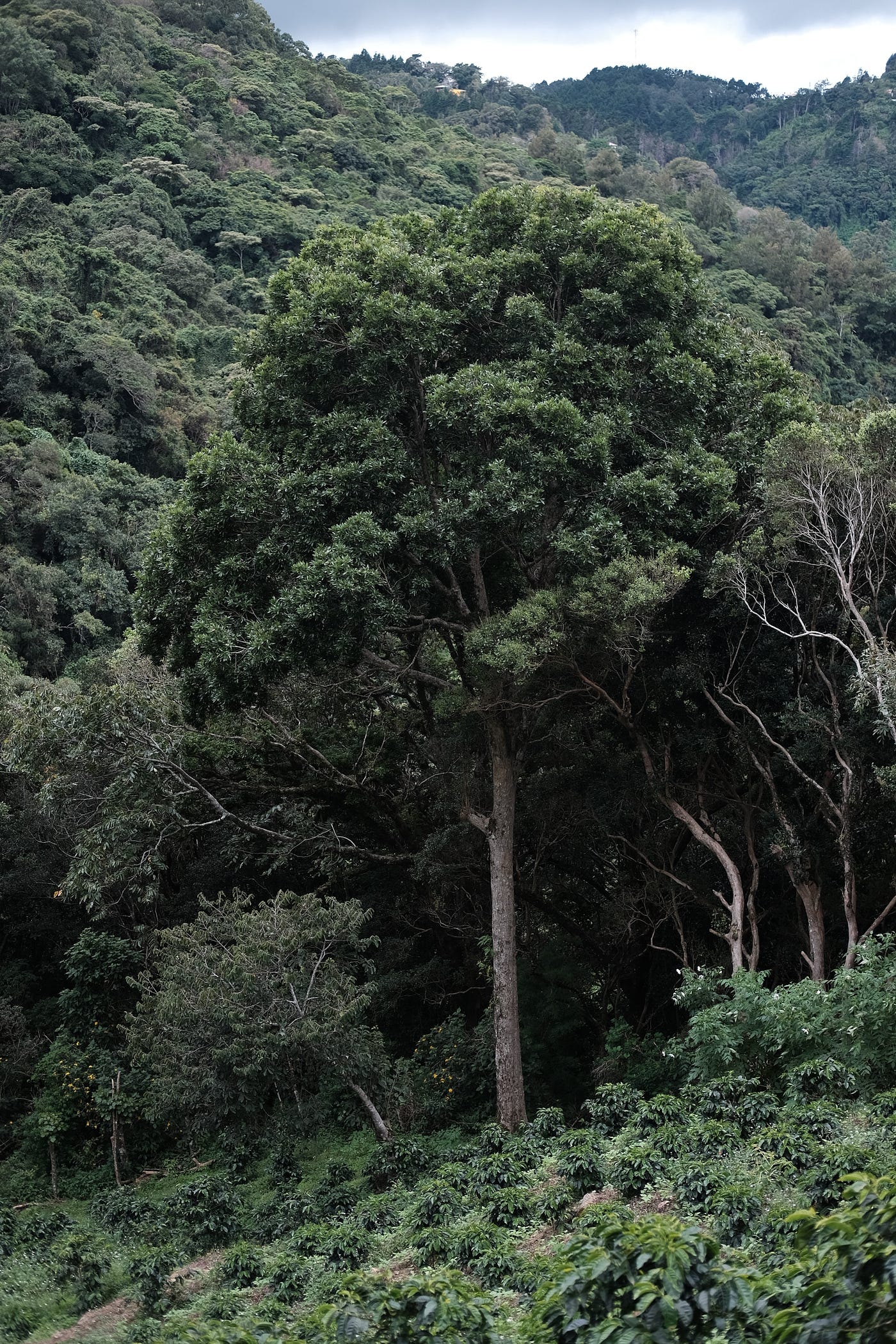
Cultivating Sustainability
Jorge manages Finca Cedral Alto as sustainably as possible, with timely applications of natural fertilizer made from the pulp of coffee cherries and preventative applications of fungicides and insecticides made from microorganisms gathered from the rainforest’s humus layer of soil. His team clears weeds by hand to eliminate the need for herbicides. Pruning, harvesting, and planting are also done by hand.
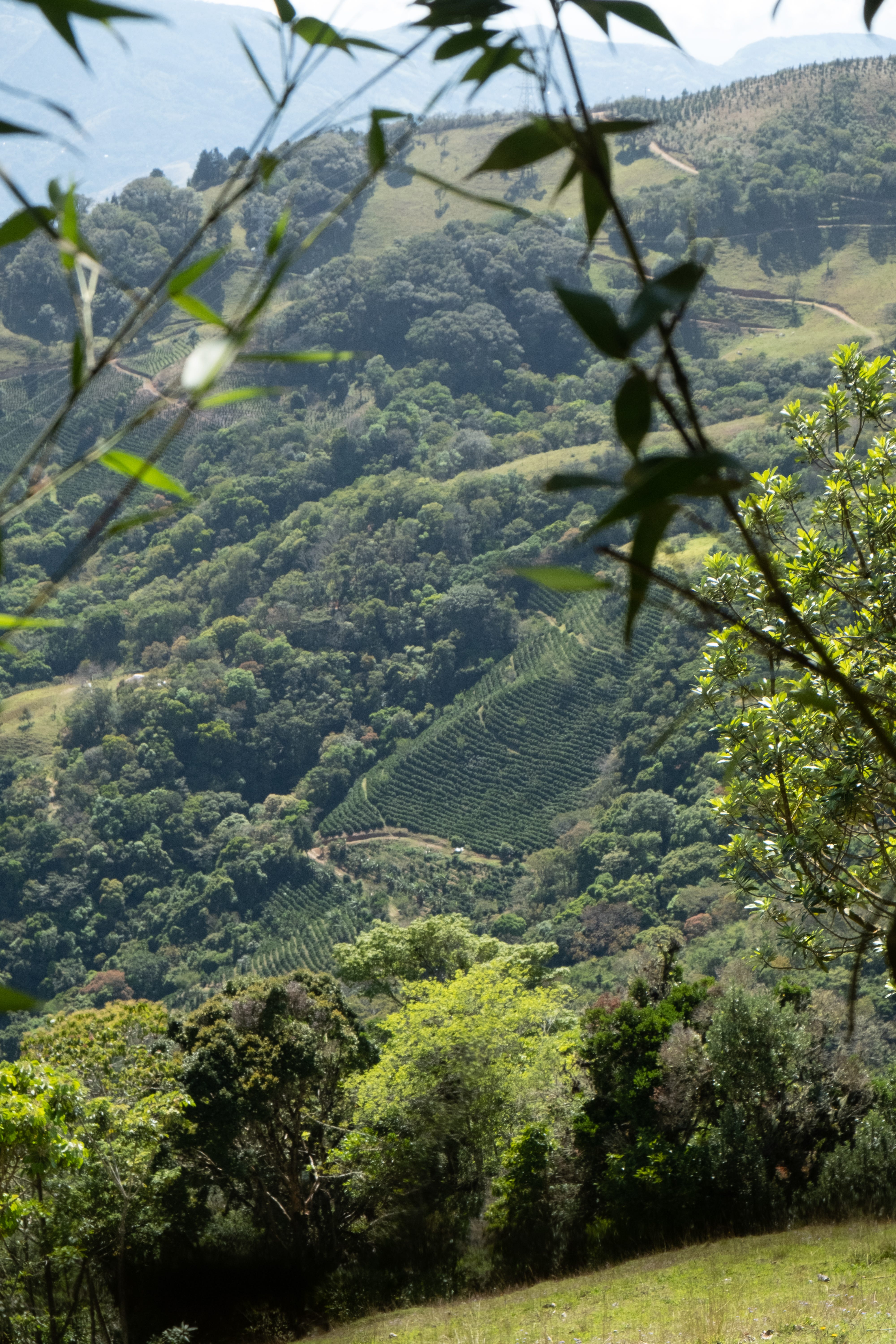


Roble Negro coffee and Finca Cedral Alto represent a possible future for coffee production in Costa Rica, one where outputs are cultivated in harmony with the landscape and its ecosystem. The farm’s forest protect the six freshwater springs and the brooks and waterfalls that run through the farm form the beginning of the Rio Jorco river that provides drinking water to neighboring towns and farms. This holistic approach to coffee farming comes with an understanding that quality is not based on the cup alone but cultivated throughout production and reflective of the treatment of people, plants, animals, and the land involved and proximal to the process.

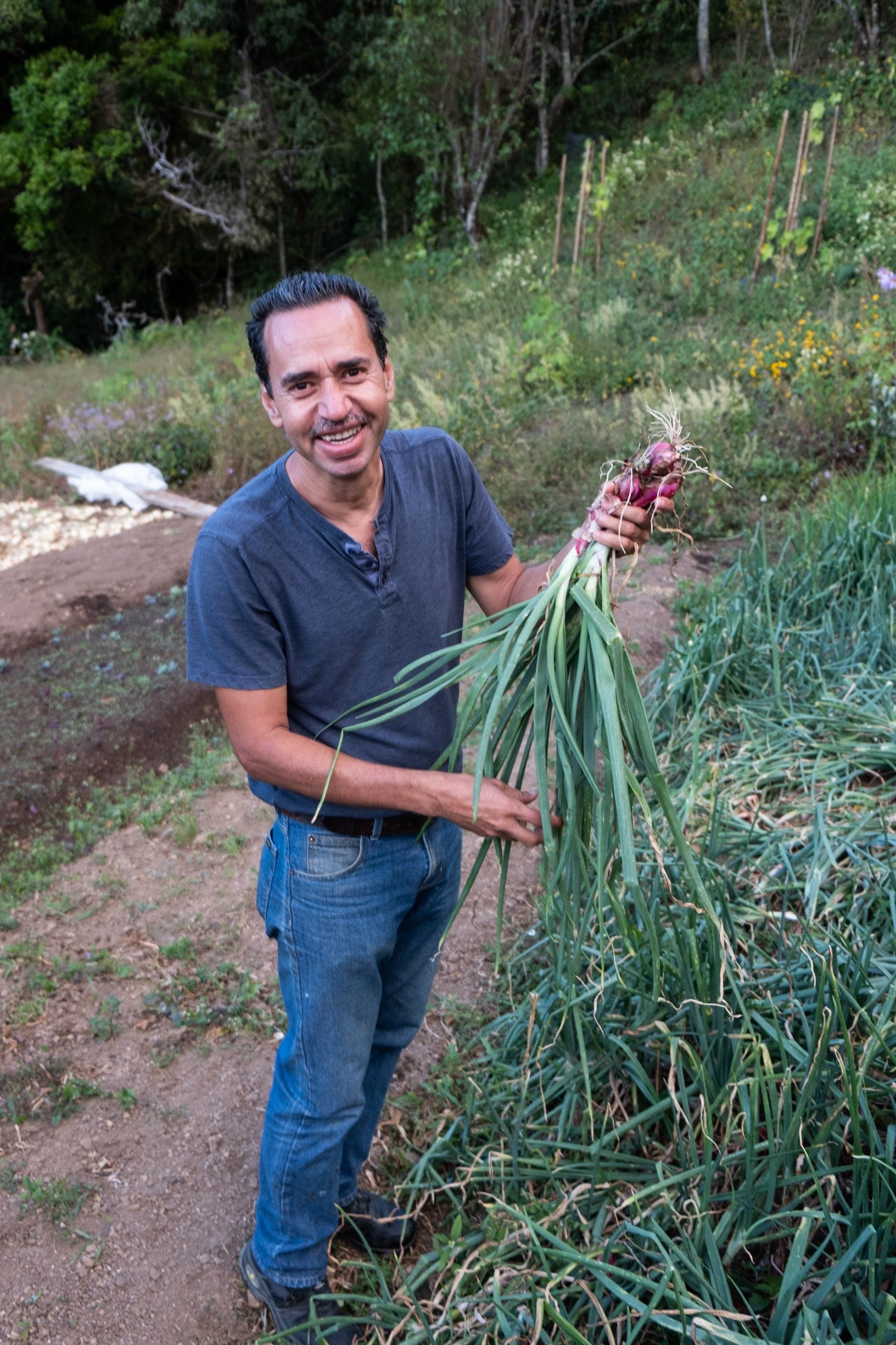 Microorganism preparation, harvesting food crops too!
Microorganism preparation, harvesting food crops too!
 Bram and Jorge
Bram and Jorge
Finca Cedral Alto is a community gathering place for sports, celebration, and ecotourism that welcomes both locals and visitors. We are incredibly proud to now roast our own coffee in Germany and offer to directly to all who want to participate in our journey.
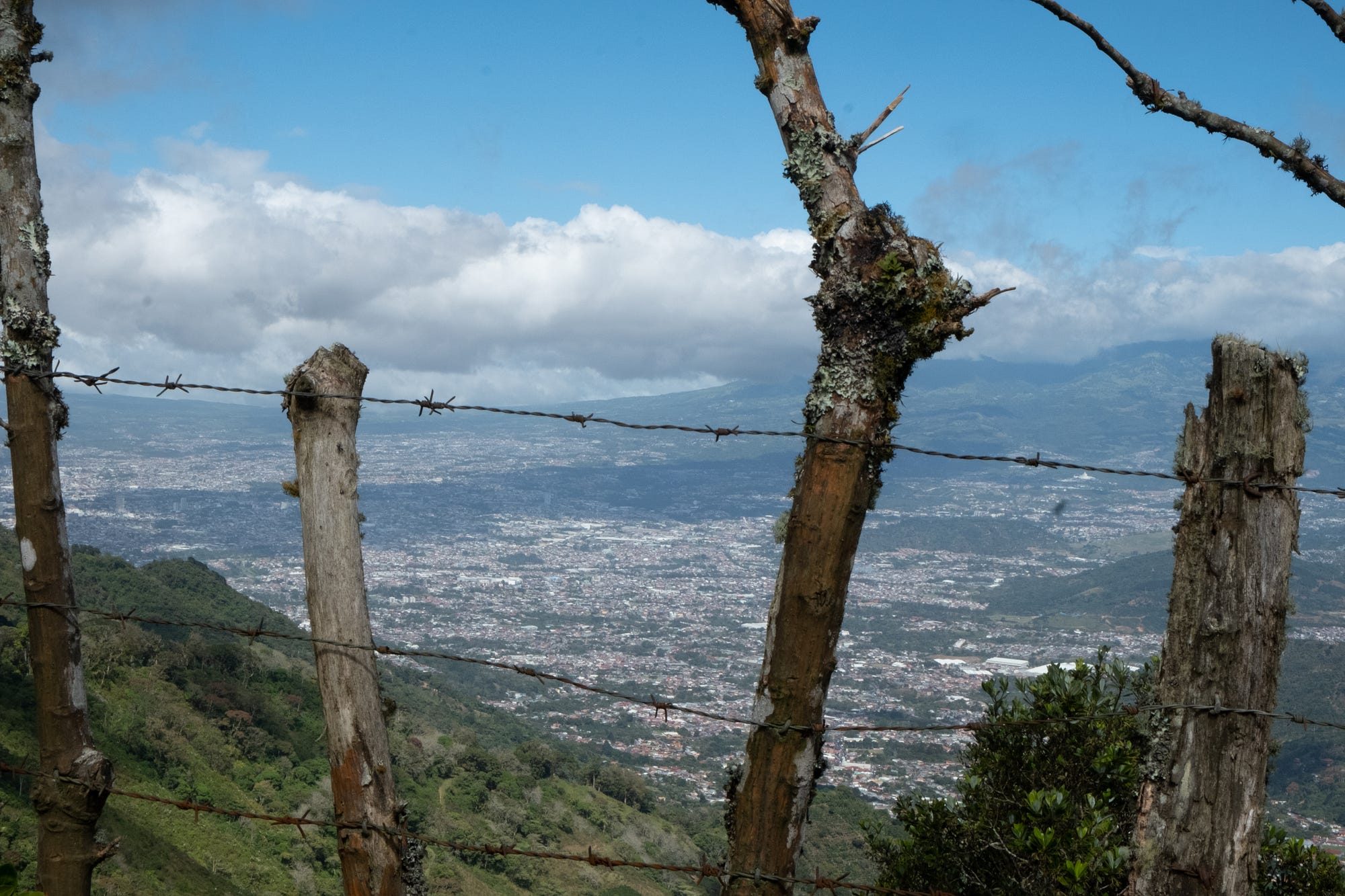 San Jose in the cradle of Costa Rica’s Central Valley
San Jose in the cradle of Costa Rica’s Central Valley
Bram personal noteI
I met Jorge, Alex and Daniela only two weeks after arriving in Costa Rica. Through a common interest and passion for coffee we connected in a coffee shop in Costa Rica. Only days later I visited Roble Negro for the first time and was simply blown away. The little paradise Jorge has built there is just 30 minutes from busy San José but a true oasis of peace. The dedication to sustainable agricultural methods was clear in each aspect of operation as well as a clear vision to sustainably develop their micro mill business. Over the course of five years we worked together to slowly but surely grow and perfect the operations. It was only a natural development for us to join forces in the Paso Paso project. Although we didn't know it back in 2018, this was a partnership long time coming. In 2020 we developed the video below in partnership with Instituto de Café de Costa Rica and Ally Coffee. Have a look to see the beauty of Roble Negro or follow Roble Negro on Instagram for more updates from the farm.
